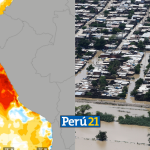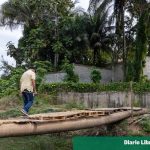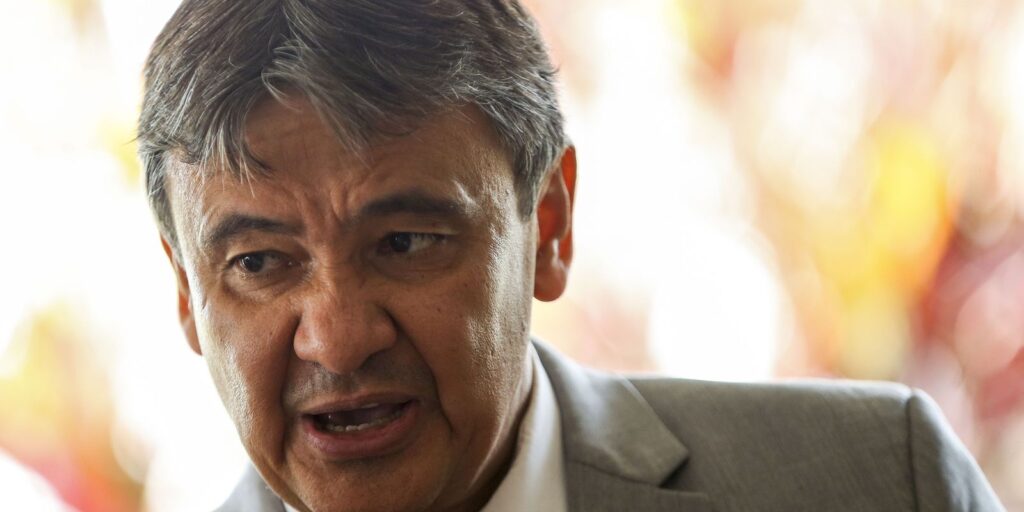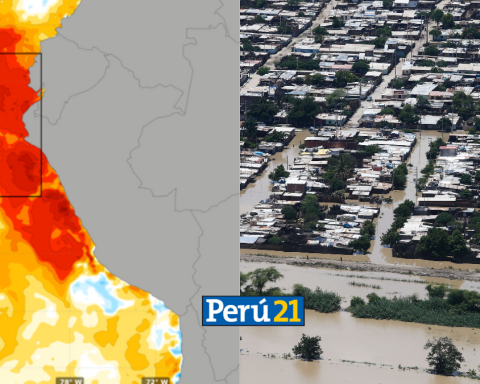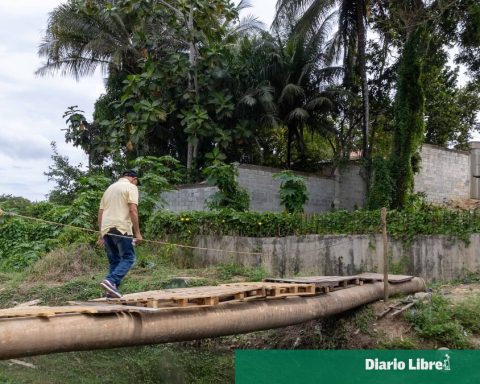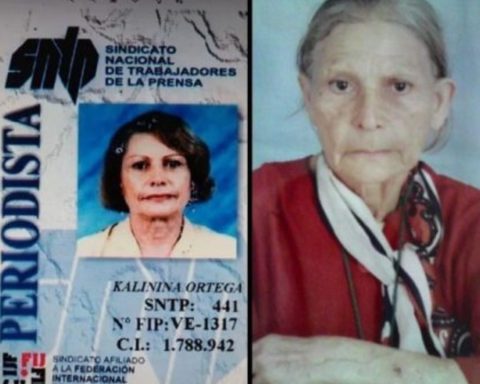
The Regional Governor of Arica and Parinacota, Jorge Díaz (DC), recognized that they had been quite satisfied with the announcements made by the Executive and that they implied the arrival of a greater number of Carabineros in the region, in addition to stricter control of the soldiers guarding the borders.
However, to his surprise, despite having held a meeting with the Minister of the Interior on the same day, the Government decided to withdraw from the Office of the Comptroller General of the Republic the regulation that implied these interventions within the framework of the new Migration Law, who had entered on December 6, 2021.
“We also saw with great joy that different places, different populations, which are very complex in the Arica and Parinacota Region, were going to be intervened, and also the way in which the regional prosecutor’s office was going to be strengthened and a series of announcements that left us with a very pleasant feeling,” declared Governor Jorge Díaz, in a conversation with The counter.
“But hey, minutes later we found out that the same Government withdraws from the Comptroller the process of taking account of this regulation, again leaving the regions behind, with that very little honesty on the part of the Minister of at least indicating the way in which they were thinking of developing the regulation and materializing it, because by withdrawing it from the Comptroller’s Office it returns to zero,” the also lawyer and DC activist added with dismay.
Governor Jorge Díaz stressed that the procedure had been in place since December and in that sense he ruled that “obviously this withdrawal is a mockery for the regions that are suffering from uncontrolled immigration and that we are experiencing this type of situation.”
“I think it was very unwise not to have at least told those present that we were there, not only to me as regional governor, but also to the different mayors of the communes and other police and prosecutorial actors,” he added.
And he concluded: “Then, it cannot be that there is not enough honesty to address issues that affect us a lot.”
—You just finished a meeting with the Thin Minister, were you able to put your points on the table? How did he do?
Good. We had left quite satisfied with the announcements that implied a greater number of Carabineros for the region, also the installation of a new police station in the northern sector of Arica, the Chinchorro police station, and also a new tenure in San Miguel de Azapa. In addition to a stricter control of the military in the protection of the borders in light of what is indicated in the decree that enables the Minister of Defense to act by order of the President of the Republic in the protection and in the delivery of technological tools and of other types of supplies for the protection of the border. We also saw with great joy that different places are going to be intervened, different populations that are very complex in the Region of Arica and Parinacota, and also the way in which the regional prosecutor’s office was going to be strengthened and a series of announcements that left us with a quite a nice feeling.
And also announcements related to the fact that the training processes linked to the way in which the regulations of the new Migration Law were going to materialize were going to begin. But well, minutes later we found out that the Government itself withdraws from the Comptroller’s Office the process of acknowledging this regulation, again leaving the regions behind, with that very little honesty on the part of the Minister of at least indicating the way in that they were thinking of developing the regulation and materializing it, because when it is withdrawn from the Comptroller’s Office it returns to zero. Let’s remember that it was in that process since December and obviously this withdrawal is a mockery for the regions that are suffering from the lack of migratory control and that we are experiencing this type of situation.
It seems to me that it was very unwise not to have at least told those present that we were there, not only that I as regional governor, but also that the different mayors of the communes and other police and prosecution actors were there. So it cannot be that there is not enough honesty to address issues that affect us a lot.
—How is it explained that it has not been communicated, considering that the President is also on a legal holiday?
It is quite inappropriate and very dishonest on your part, so I regret that there is no such clarity with authorities that remain in the territory. The minister returned to Santiago, but we are still here in the region with the same problem.
—Without regulations on migration and security, are the commitments in force or do you also doubt that they will materialize as they were advanced?
I trust that they will be executed, but it leaves us with a rather bitter feeling that they tell us one thing, the way in which it is going to begin to materialize and he even indicated that in a few more weeks this regulation would come out of the Comptroller’s Office, that they were going to initiate training processes, and that after a few minutes we find out from the press that the government itself withdraws it, delaying the decision-making processes regarding the migratory issue. What the citizen expects is that decisions be made and today we are very lacking in that.
—A few days ago you insisted that soldiers were needed at the border to be able to prevent this irregular entry of migrants. Could the increase in crime, violence and insecurity be related to irregular migration?
It’s not something that occurred to me. I gave a precise reading of what was required by article 2 of decree 265, which states that “the Ministry of National Defense is delegated the power to sign, by order of the President of the Republic, the supreme decrees that order the organization and distribution of the Armed Forces that have land, sea and air deployment, to provide logistical transport and technological support in border areas to the national territory. I want that to materialize, to be carried out, because it cannot be a dead letter. This is published in the laws that regulate us and what I asked for is that this materialize, that is, that the Armed Forces. guard the borders.
—In terms of security, do you consider a direct or close relationship between the increase in irregular migration and the increases that have been observed in crime?
More than what I observe is the evidence that speaks for itself and when we see the number of homicides that have occurred in the region and that have come with an explosive increase from one year to the next, there are already 5 people who have died from homicide in the region in the first 20 days of the year. When one sees the results, more than 60% of the defendants are foreigners and a percentage of them have crossed through irregular steps. It is not perception but rather evidence that makes us presume how this is developing not only in the Arica and Parinacota region but also in the rest of the northern regions.
If there is no brake at the entrance door, because I am not against immigration, in fact in my region we have always had many foreigners, many Peruvians and Bolivians are part of our day to day. The problem is irregular migration that is messy, that has no control, and I believe that it must be stopped immediately.
—What do you expect from the new authorities to address this migratory issue?
The first thing is that any authority, including ourselves, is compelled to exercise our position until the last day of our mandate, that is fundamental because it is the only way to generate continuity for the public administration of all the decisions that are taken by of authorities.
And, yes, together with the regional governors of the north, we already have a meeting scheduled for next Wednesday with Matias Libuy, who will be in charge of migration for the future minister Izkia Siches, and later we have already made a commitment with the future minister, because we understand that it is a decision that must be dealt with as a State. And that is very necessary, that they know this reality and know it in advance and do not find themselves surprised when they arrive at the national government on March 11.
—Do you maintain that the highest authorities of this country are committing abandonment of their functions?
He indicated that communal capacities were exceeded, regional capacities as well, and a Minister of the Interior had to come to the region after different demands. I went to La Moneda to request the presence of the minister in the region, the mayor went to Iquique to look for the minister and intercept him there. And it cannot be that the regional authorities have to go around chasing ministers to come to the region. So, that’s what I’m pointing to, that ultimately we all have to have that sense of responsibility.






